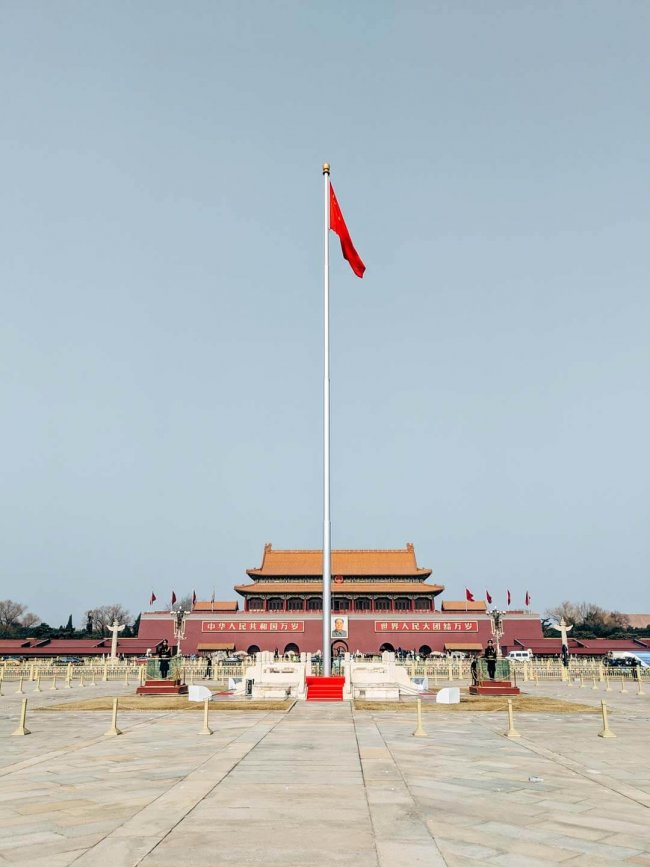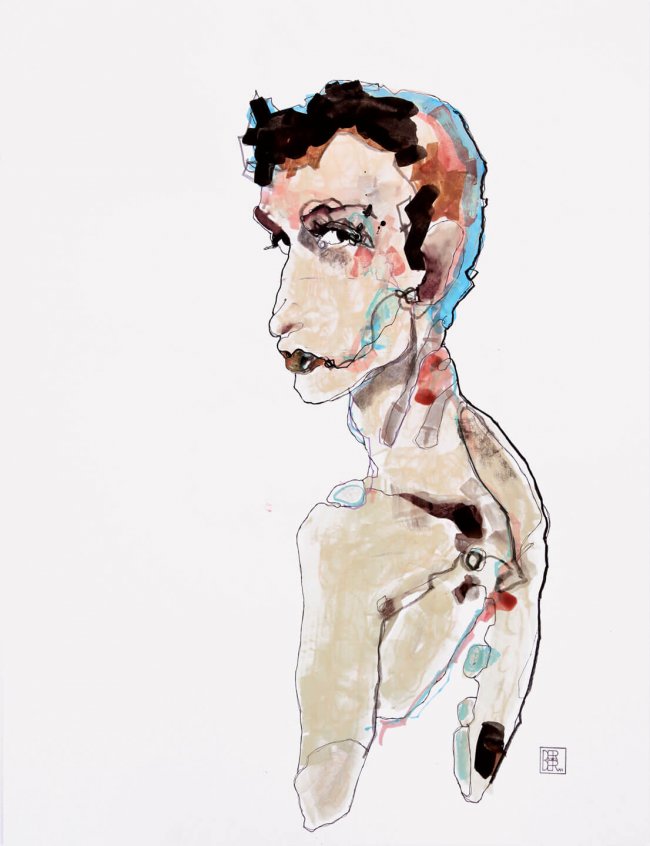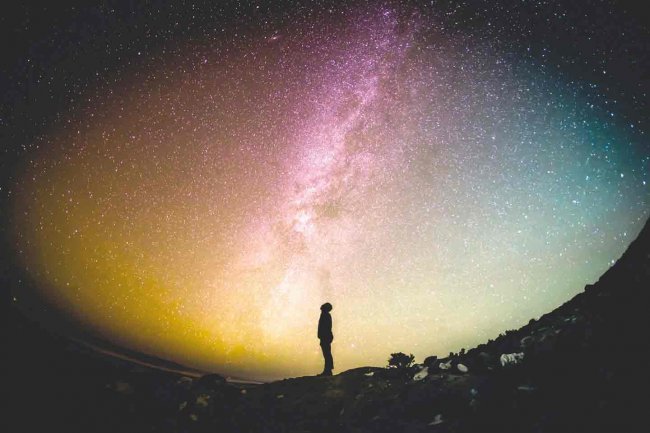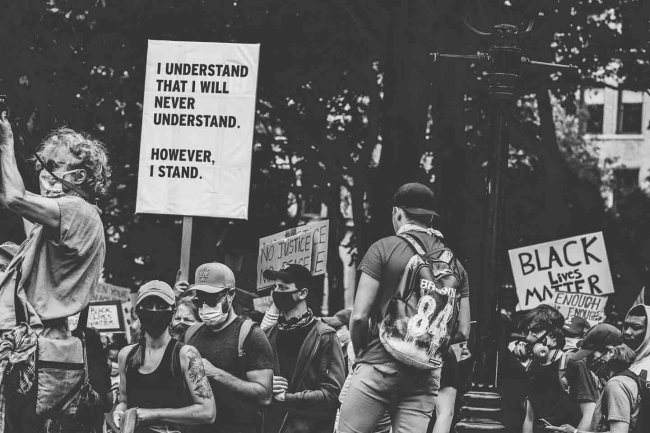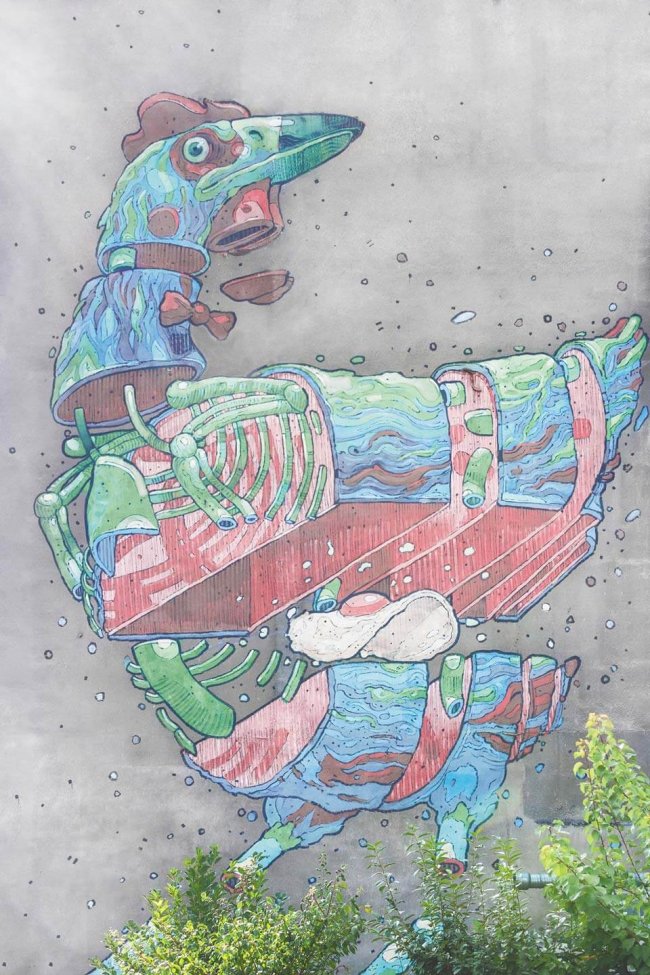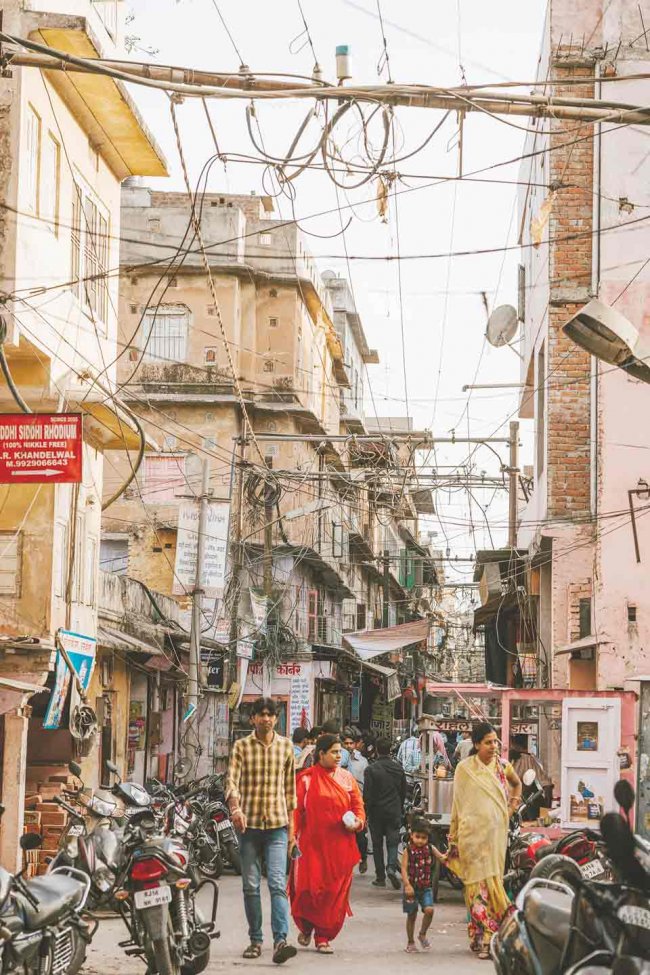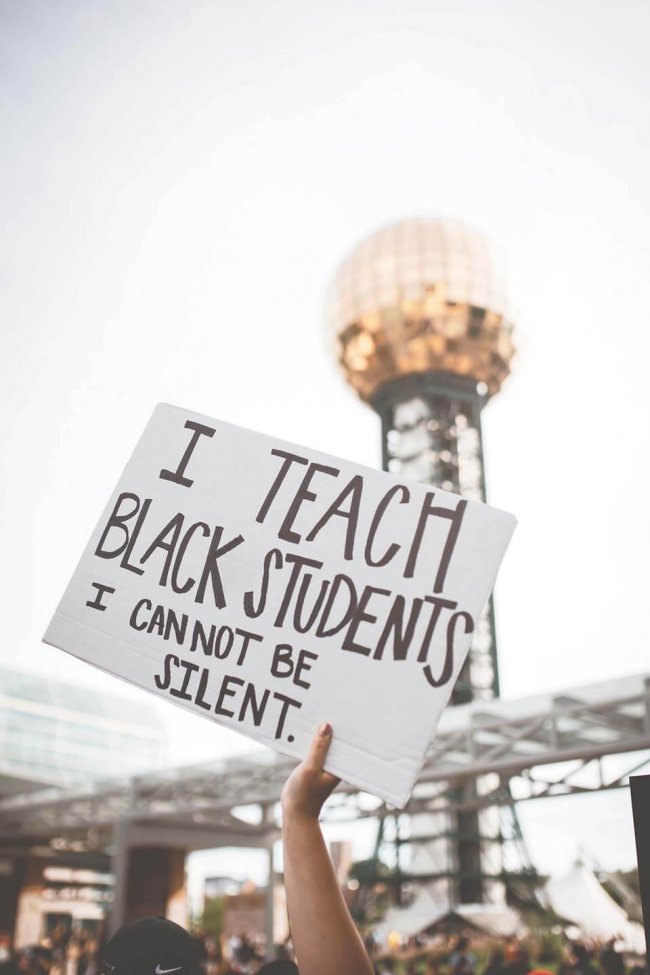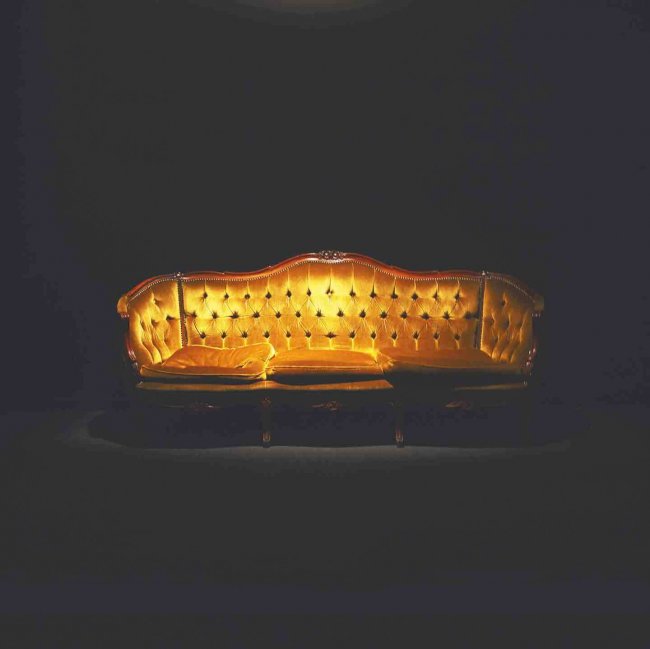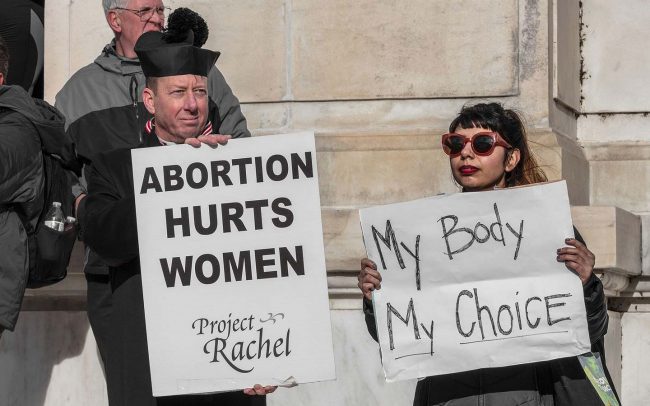FROM AN OTHER PERSPECTIVE by Fang Duan
At first, I did not know why I was weeping inconsolably upon seeing the image of George Floyd’s naked face as his neck was crushed by the knee of a man fully armed with police gear and, more strikingly, a look of total nonchalance. I did not know why I could not bear watching the video of one human, so unmoved, with such ease, squeezing the life out of another human being who was squirming, pleading, begging, calling for his momma.

